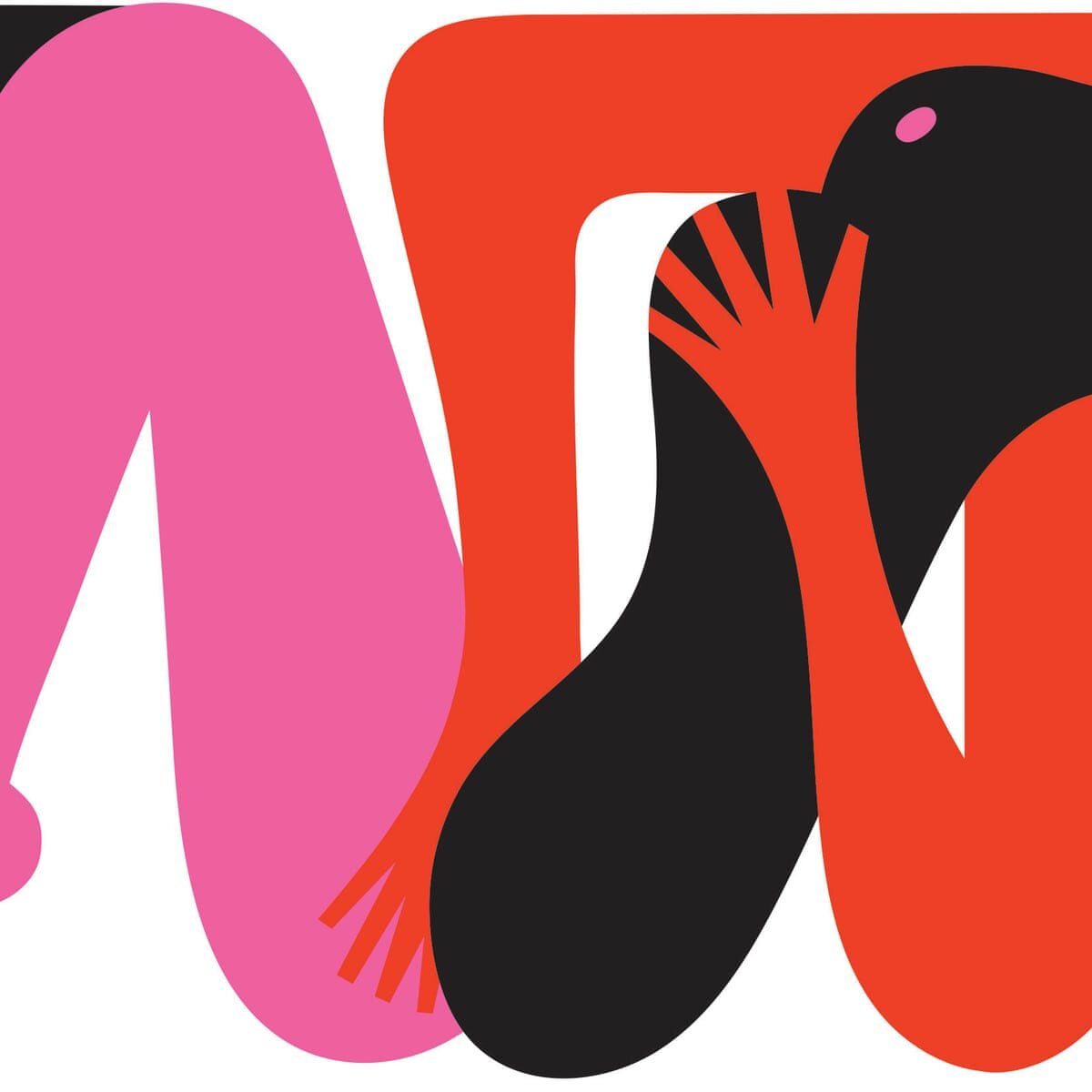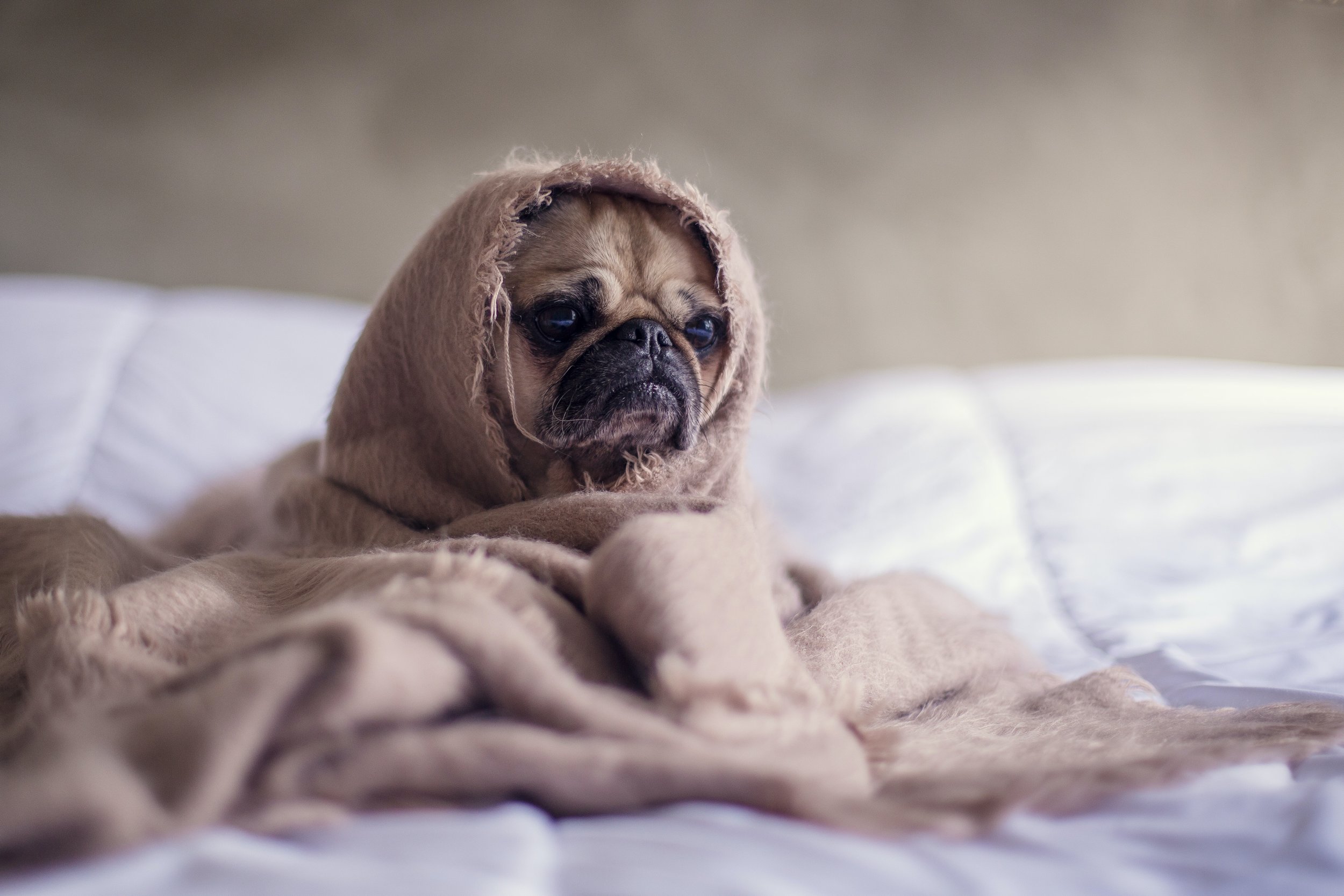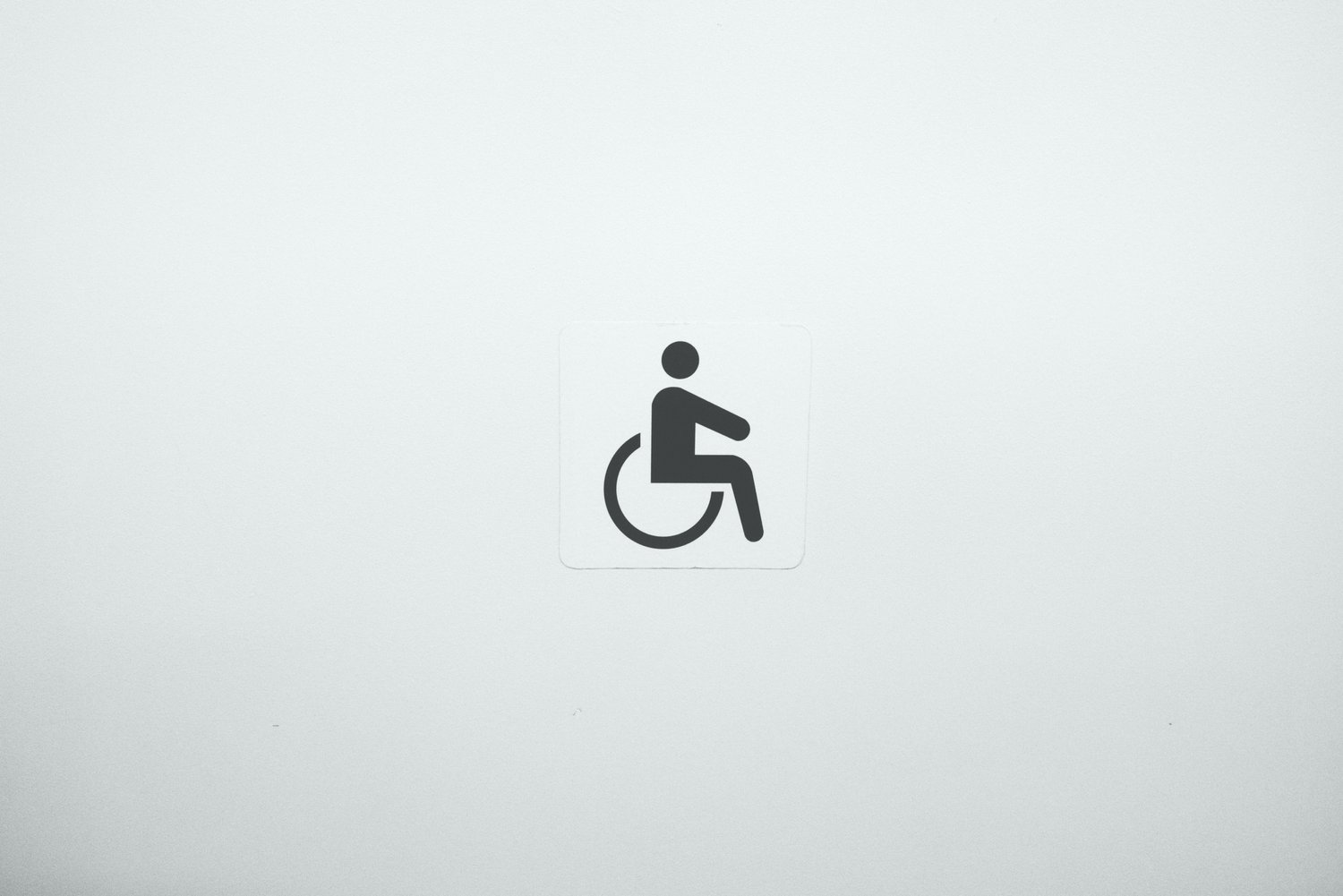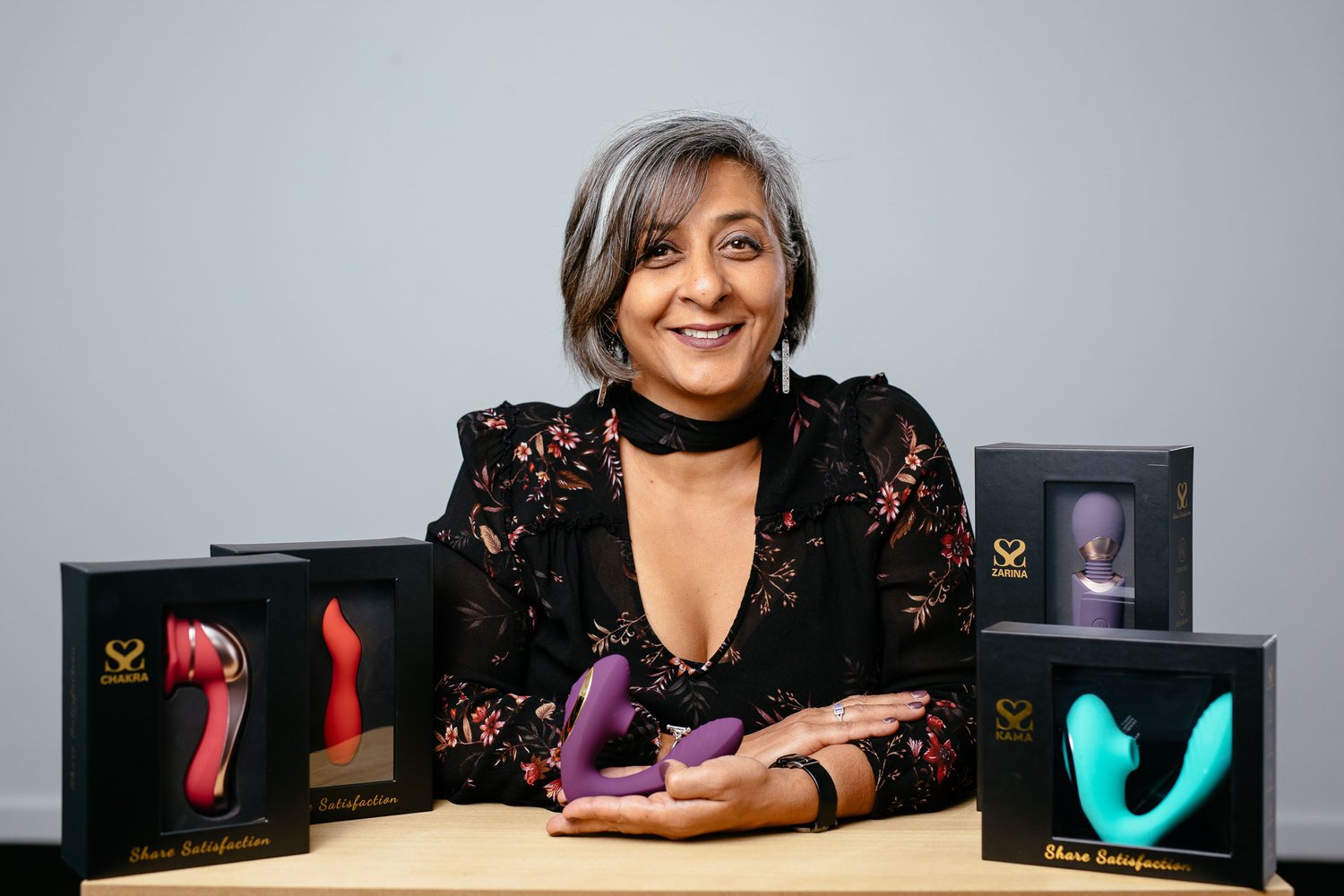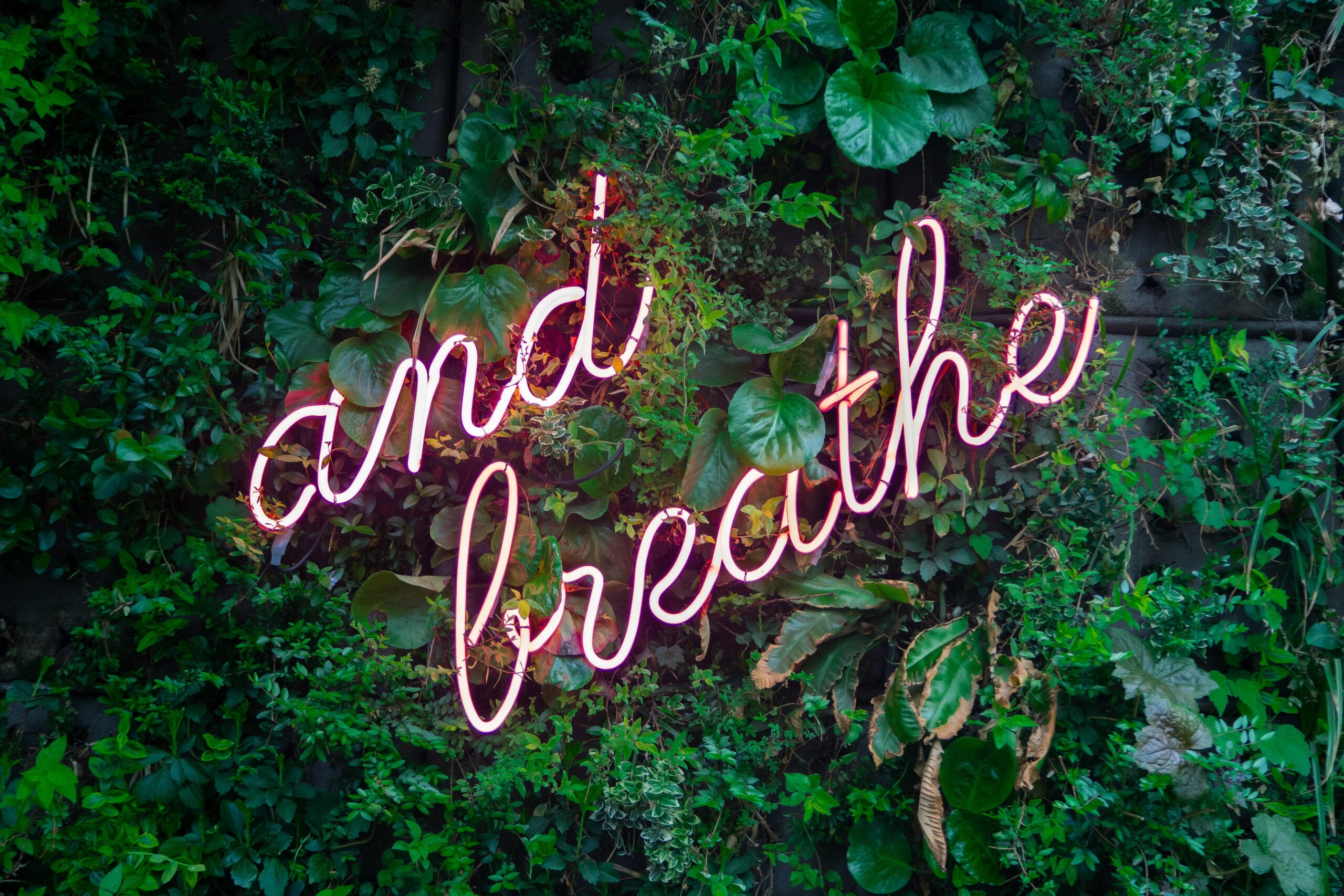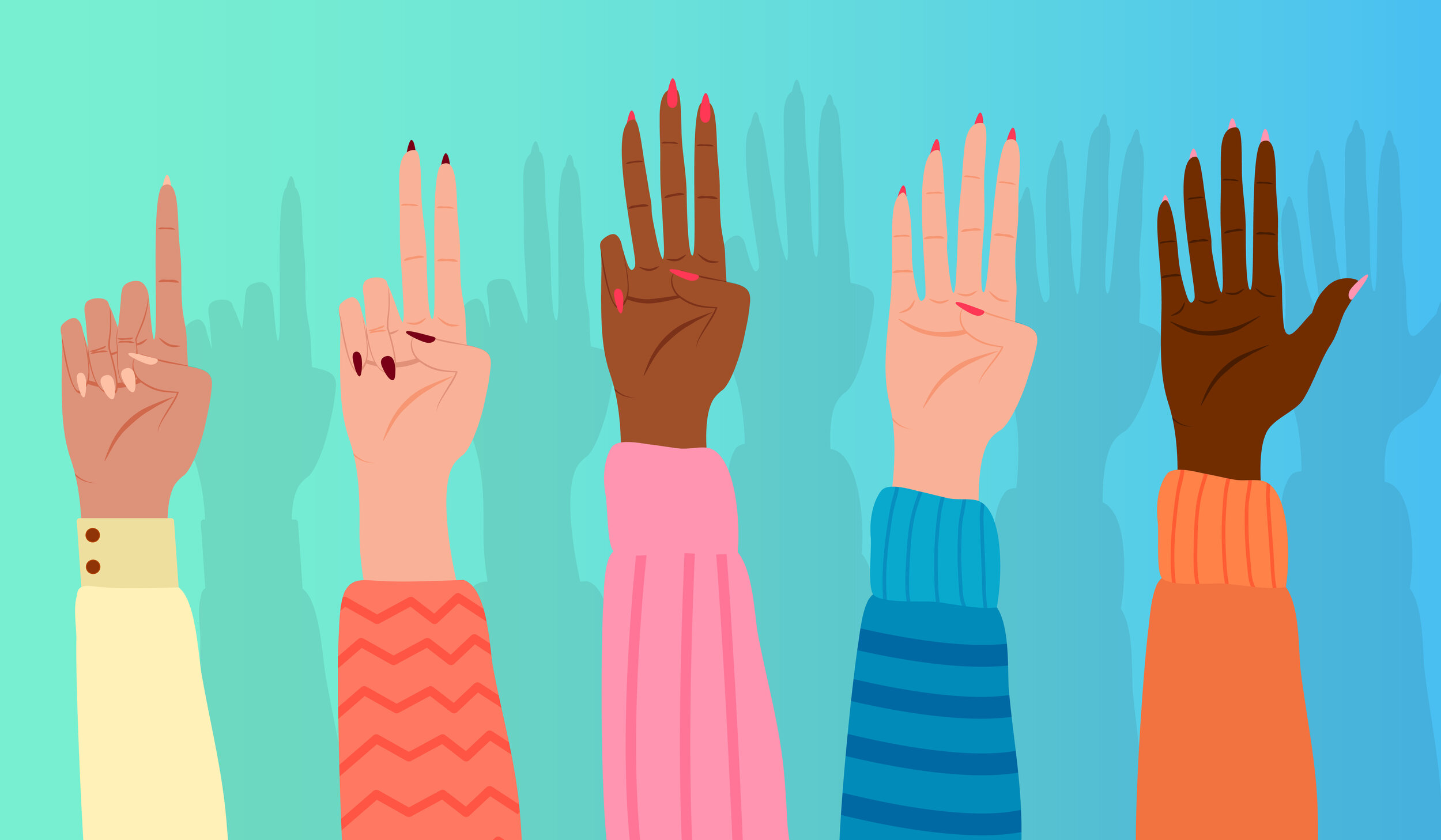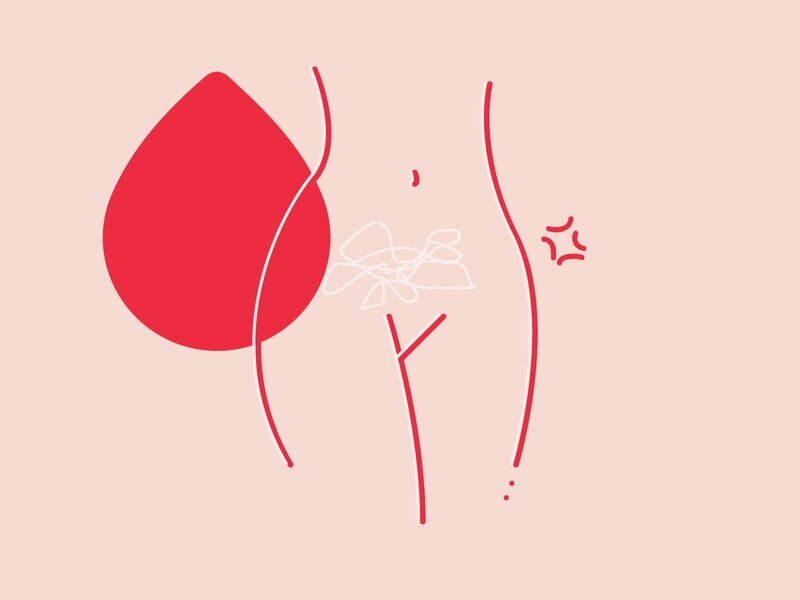
Not in the mood? You can blame your cycle for that
Many factors can influence libido, but until recently, there was little research on how the menstrual cycle affects sexual desire. This is pretty unsurprising given that female sexuality, as a whole, has not been studied much for most of history. Thankfully, that’s beginning to change, and we are learning more about the connection between libido and hormones throughout the whole menstrual cycle. One phase is particularly significant: ovulation.
How Ovulation AffectsAffects Libido
Period sex can be great. Different people enjoy sex at different points of their cycle, for example, some people enjoy sex during their period and some don't. That being said, for a lot of people the time when their sex drive is the highest during ovulation, about 14 days after they start their period. No one really knows why, but researchers have a whole bunch of theories, and they’re related to — you guessed it — hormones.
During the ovulatory phase, estrogen levels are at their peak and signal your brain to produce a surge of luteinising hormone (LH). Testosterone levels also rise a little, and it’s believed that this is your body’s way of telling you you’re ready for a potential pregnancy. According to evolutionary biology, the theory is that since ovulation is a time of high fertility, our bodies are wired to procreate.
During this time (cishet) women are more likely to partake in social activities that bring them in contact with (cishet) men — known as the “mate-search effort”. Interestingly, both straight and lesbian women are also more likely to masturbate during this period and to have more orgasms. Some people also report having more sexual fantasies and that they consume more erotica during this period. While a number of studies have confirmed this trend, there isn’t much literature on how many people get this pre-ovulatory spike in libido.
Ovulation isn’t the only time your cycle may cause your sex drive to increase. Some women report feeling hornier during their period, but researchers don’t really know why this is either — some chalk it up as a fun quirk of the female body. One theory, however, is that since the chances of pregnancy are lower while you’re on your period (not impossible, but lower), women tend to feel more sexual on a subconscious level. Another reason may be that testosterone starts slowly rising in the menstrual phase. Testosterone plays a key part in libido, sexual arousal, and orgasm by increasing dopamine (dubbed the “feel-good hormone”) in the central nervous system.
According to The National Library of Medicine (NIH), your sex drive may also tend to be lower during the second half of your cycle, known as the luteal phase. This is due to a rise in progesterone, which is thought to cause the onset of premenstrual syndrome (PMS) symptoms. Understandable, TBH — when you’re feeling bloated, fatigued, and moody, sex is probably the last thing on your mind.
Your cycle can also affect the way sex feels at different points in the month. This is because your cervix rises slightly as you approach ovulation, retracting into your abdomen ever so slightly. You could potentially find some deeper positions more pleasurable, or comfortable, at this time in your cycle. On the other hand, if you experience cervical orgasms (yes, they’re a thing), you’ll probably get more out of these positions outside of the ovulatory phase.
Other Factors ThatThat Affect Libido
We’d be remiss to not point out that arousal itself isn’t cyclical: it can happen any time, but it may still be affected by your cycle. What’s more, is that there’s no such thing as a “normal” sex drive. Although researchers can measure cyclical fluctuations in your libido, what that means for you and your sex life is completely subjective. Sexual response and desire are controlled by something called the dual control mechanism. It’s made up of an accelerator — which notices all sexually relevant stimuli — and a break — which picks up on all the reasons not to be turned on. Your brain is constantly picking up on stimuli from your environment and body, striking a balance between the break and accelerator.
Your menstrual cycle may cause you to feel more sexual during certain times of the month, but many other factors also influence libido. Hormonal contraception, for example, releases a steady dose of synthetic hormones throughout the whole month, so women on the pill don’t experience the fluctuations that seem to affect sex drive. Chiefly, you don’t ovulate when you’re on the pill, so you likely won’t get a pre-ovulatory surge of horniness. Stress from work, school, and life in general also may cause a decreased interest in sex, because when you’re too busy adulting sometimes you just can’t be bothered to bone.
Your menstrual cycle may cause you to feel more sexual during certain times of the month, but many other factors also influence libido. Hormonal contraception, for example, releases a steady dose of synthetic hormones throughout the whole month, so women on the pill don’t experience the fluctuations that seem to affect sex drive. Chiefly, you don’t ovulate when you’re on the pill, so you likely won’t get a pre-ovulatory surge of horniness. Stress from work, school, and life in general also may cause a decreased interest in sex, because when you’re too busy adulting sometimes you just can’t be bothered to bone.
So yes, hormones seem to play a part for many people with periods, but our sexuality and libido are way too complex to track on a calendar or make any generalizations about. Whether or not your menstrual cycle has anything to do with it, it’s completely normal for your sex drive to feel more like a sex rollercoaster. There’s nothing wrong with you if you’re just not in the mood for no particular reason. Similarly, there’s nothing wrong if you feel like going at it all the time. Just be sure to listen to your body and mind.
Related Posts
Postboned, Queening, Rusty Trombone: Do you recognise these new slang terms?
Unpacking the ever growing list of popular sex terms
Dicked Down: Why men get tired after sex
The medical reason why nutting out ends in passing out
Let’s Talk About Sex — While Living With Disabilities
By Vixen Temple, sex and disability expert with Adulttoymegastore
Kama’s ‘Mother of Orgasms’ talks pleasure, sex and market domination
An interview with Taslim Parsons, the 'Mother of Orgams'
Mind And Body: The Neurological Effects Of Self Pleasure
Explore the affects masturbation has on our mental and physical wellbeing
Why ‘Your Number’ is a crock of shit
Why your worth isn't tied to how many sexual partners you've had


